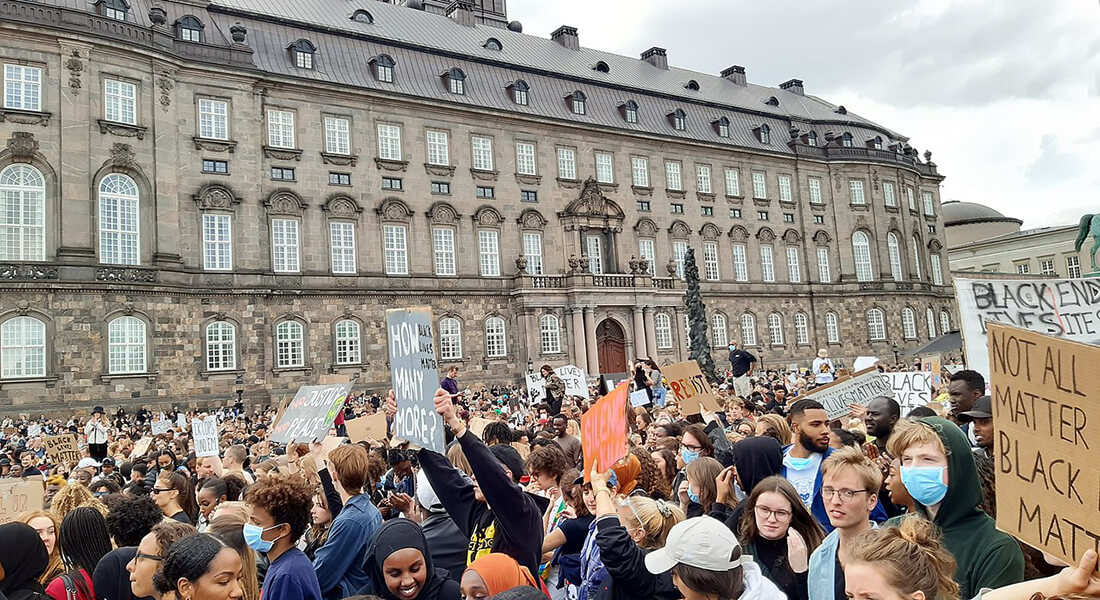Exploring the power of agenda-setting by citizens
How should ordinary citizens be involved in setting agendas in democracies? Alice el-Wakil aims to answer this question in a new research project supported by an Inge Lehmann grant from Independent Research Fund Denmark.

Political science research shows that, today, there are inequalities of access to setting the agenda – namely, to determining which problems will (or will not) be at the center of political action, and which solutions will (or will not) be taken into consideration.
Wealthy and strongly organized groups tend to get their priorities heard, while marginalised groups and ordinary citizens struggle to get their concerns on the agenda.
‘This situation seems to conflict with a key principle in democratic theory, namely that citizens should be involved in setting political agendas,’ says Alice el-Wakil, Assistant Professor at the Department of Political Science.
‘Although what this general normative principle entails in more concrete terms is not clear. As a result, we lack resources to both criticize the status quo and to think of ways to deepen democracy.’
Her research project ‘Citizens’ Agenda-Setting in Democratic Systems’ aims at clarifying what democratic agenda-setting should be, the role that citizens should play in it, and what institutional practices can realize this normative ideal.
Input from international researchers
The project has two main parts. In the first one, the researchers will focus on developing a conceptual and normative understanding of how citizens can contribute as input providers, not just as controlling actors.
‘We will analyse different conceptions of agenda setting and explore how they can complement existing conceptions of the role of citizens,’ explains Alice el-Wakil.
In the second sub-project, different political processes involving citizen agenda-setting will be analysed.
‘Here we will develop a systematic overview of traditional and innovative political processes and evaluate their democratic quality,’ says Alice el-Wakil.
For the project, which runs from September 2025 to August 2028, Alice el-Wakil will be assisted by a PhD student who will be recruited through an international open application process. The project will also receive input from an international advisory board consisting of leading scholars in democratic theory and democratic innovations.
Independent Research Fund Denmark supports ‘Citizens’ Agenda-Setting in Democratic Systems’ with DKK 3.2 million.
Contact
Alice el-Wakil
Assistant Professor - Tenure Track
Department of Political Science
E-mail: alice.el-wakil@ifs.ku.dk
Phone: +45 35 32 32 34
Simon Knokgaard Halskov
Press and Communications Advisor
Faculty of Social Sciences
Email: sih@samf.ku.dk
Phone: +45 93 56 53 29
